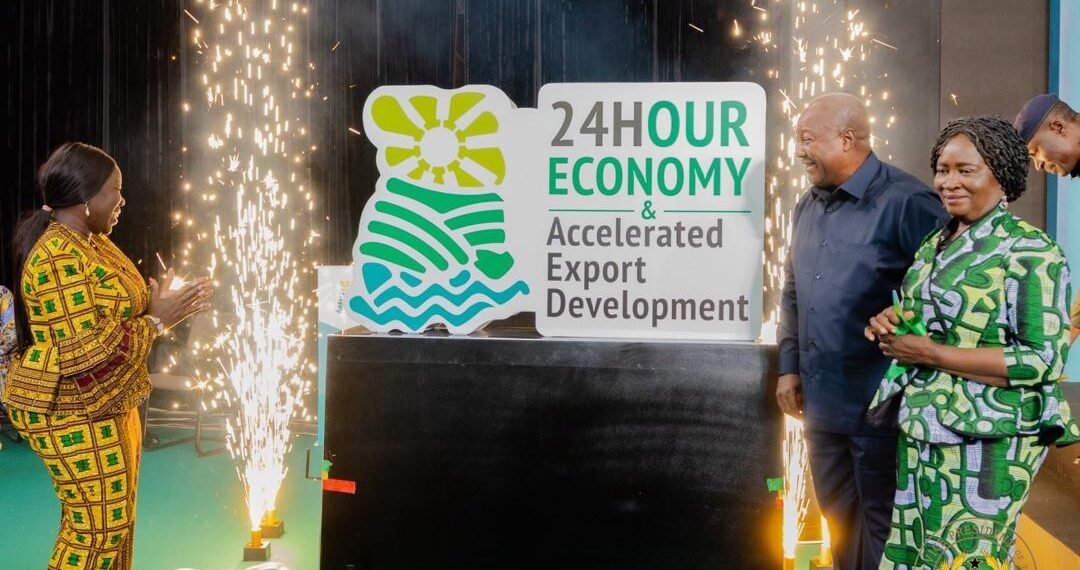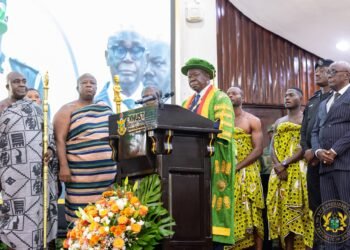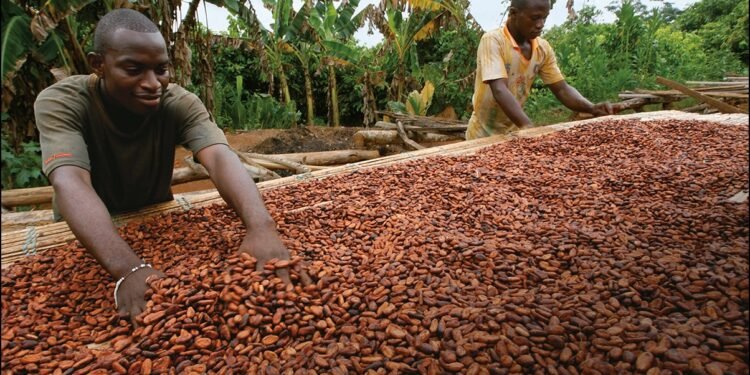Ghana’s Minister for Education, Hon. Haruna Iddrisu, has strongly defended the government’s flagship 24-hour economy initiative, describing it as a strategic and sustainable shift aimed at transforming Ghana’s economy into an export-led, productivity-driven one, underpinned by strong private sector participation.
The Member of Parliament for Tamale South emphasised the urgency and far-reaching ambition of the policy, asserting that the initiative represents a bold attempt to move Ghana beyond the vestiges of the colonial-era Guggisberg economy, which for over a century has defined Ghana’s economic structure as export-oriented and resource-dependent.
“For President John Dramani Mahama, the risk of acting far outweighs failing to act. This is not just a shift in working hours; it is about energising the productive sectors of our economy, revitalising manufacturing, strengthening agro-processing, improving logistics, and harnessing the creative economy.”
Hon. Haruna Iddrisu, Ghana’s Minister for Education and MP for Tamale South
In what he described as a deliberate departure from failed past interventions, the Tamale South MP stressed that the state will no longer assume the role of Ghana’s private sector.
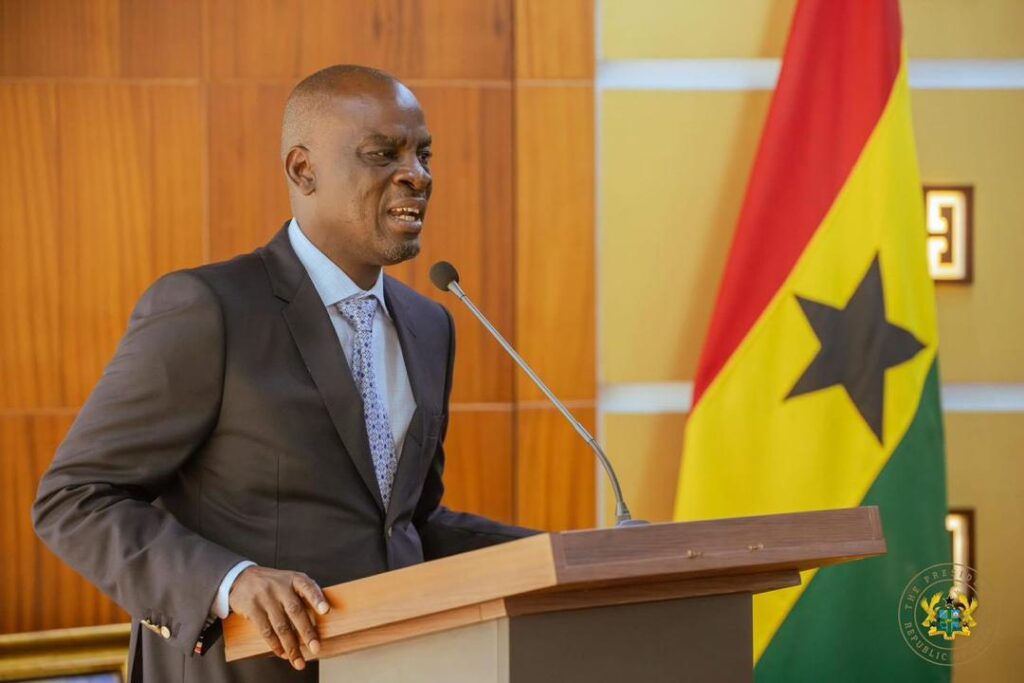
Instead, under President Mahama’s leadership, the government will act as a facilitator and enabler, creating the environment necessary for businesses to thrive around the clock.
Hon. Haruna Iddrisu highlighted key examples to illustrate this enabling role, citing discussions President Mahama held with the Presidential Advisor on the 24-Hour Economy and Accelerated Export Development, Mr. Goosie Tanoh, who is championing the rollout of the program.
One such instance involved a company in Tema with the capacity to employ hundreds of thousands of Ghanaians but hindered by poor road access, inconsistent water supply, and unreliable electricity. “This is where the government steps in—not to run the business—but to ensure the needed infrastructure is in place. That’s how the 24-hour economy will create jobs,” he explained.
Statutory Authority
A central feature of the proposed initiative is the establishment of a statutory 24-Hour Economy Authority, which will report directly to the President and Parliament.
According to Hon. Haruna Iddrisu, this model ensures not only accountability and transparency but also longevity, making the policy sustainable beyond any one administration.
“This is not a John Mahama-only vision. The President wants this to outlast his tenure. The thinking is that whoever becomes President should see it as a national priority, not a partisan one”.
Hon. Haruna Iddrisu, Ghana’s Minister for Education and MP for Tamale South
Addressing potential concerns about bipartisan support, the Education Minister disclosed that President Mahama’s administration has already begun laying the groundwork for consensus-building.
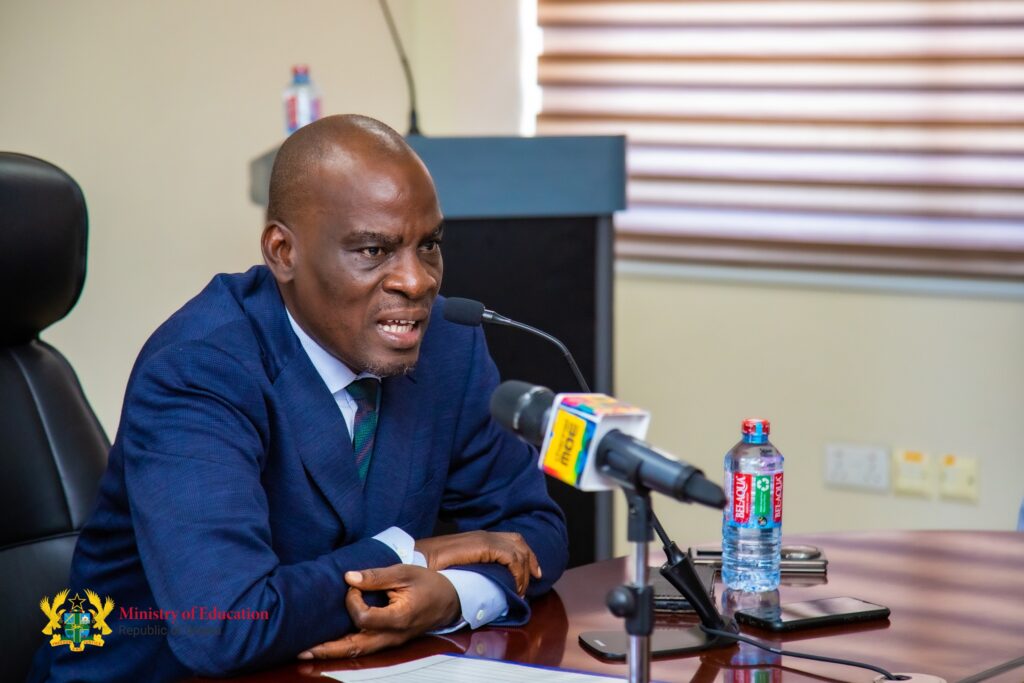
He said the administration engaged key stakeholders before launching the policy, including exporters, organised labour, and the Ghana Union of Traders’ Associations (GUTA), among others.
He further assured that the opposition New Patriotic Party (NPP) would be consulted when the bill is laid before Parliament. “The minority leader has asked about the bill, and it will be laid in the coming days. The minister responsible will explain the principles underpinning the legislation,” he stated.
A major consideration for the government, Hon Haruna Iddrisu noted, was whether the authority should function as a limited liability company or a statutory body but according to him, President Mahama insisted on a statutory model to ensure direct accountability to Parliament.
“There will be full transparency on how funds are raised and used. This will be embedded in the legislation to guarantee oversight”.
Hon. Haruna Iddrisu, Ghana’s Minister for Education and MP for Tamale South
Building Local Champions
On the broader question of how Ghana can build local champions capable of driving industrialisation and job creation, Hon. Haruna Iddrisu was optimistic.
Using the example of Blue Skies, a company that processes pineapple juice in Ghana, he questioned why similar enterprises couldn’t be developed by indigenous entrepreneurs. He was, however, critical of the past government’s approach to private sector funding.
“The previous government distributed huge sums—GHS 59 million, 44 million, 29 million, 50 million, 36 million, 34 million, 92 million—to private sector players through Ghana Exim. The question is: how many of those companies are still operational today?”
Hon. Haruna Iddrisu, Ghana’s Minister for Education and MP for Tamale South
He emphasised President Mahama’s approach, which centres on identifying and nurturing a few capable Ghanaian entrepreneurs who can build globally competitive companies and create employment.
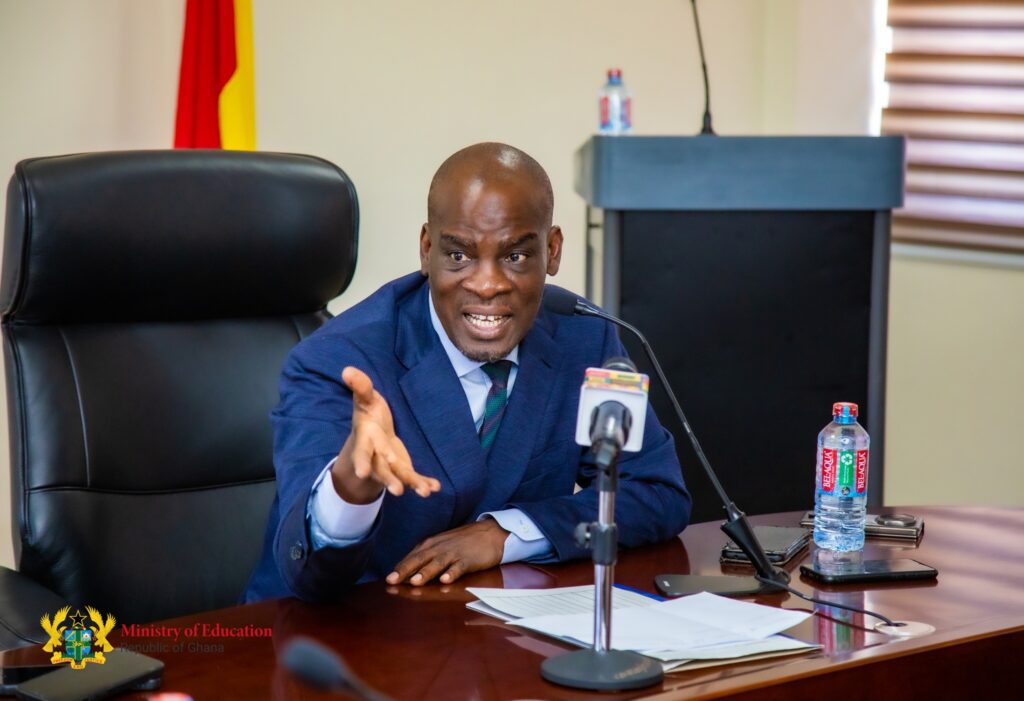
“Let’s have winners. Just two or three committed Ghanaian entrepreneurs with real capacity can transform the job landscape. That is what the 24-hour economy seeks to achieve”.
Hon. Haruna Iddrisu, Ghana’s Minister for Education and MP for Tamale South
The coming weeks are expected to witness heightened debate in Parliament once the bill is formally introduced, setting the stage for what could be a landmark economic policy shift in Ghana’s Fourth Republic.
READ ALSO: ECG Revenue Hits GHS 1.6 Billion in First Half of 2025

